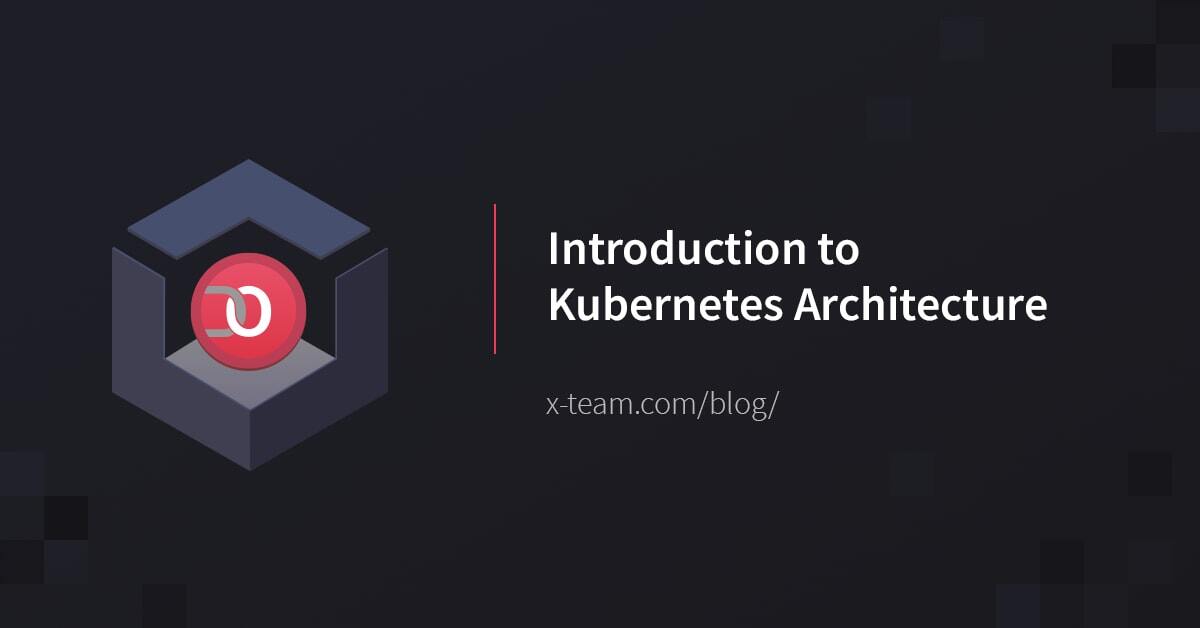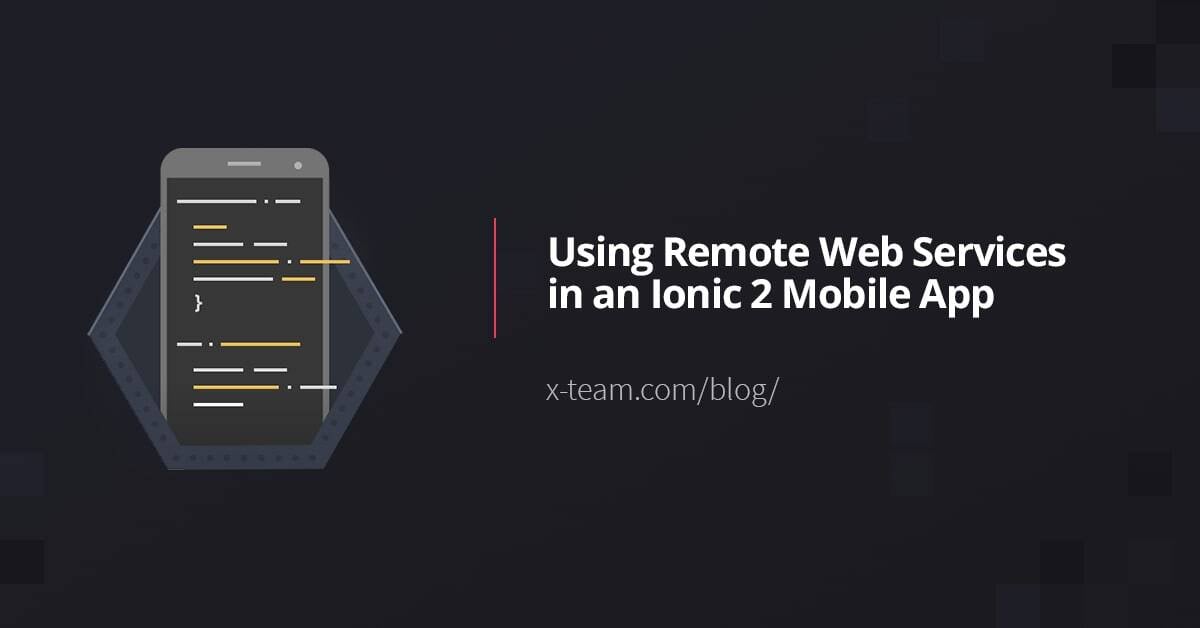
Basic Vault setup was covered in a previous post. In this one, we are going to focus on integrating Vault with AWS ECS. The goal here is to allow services to access Vault on a dedicated service namespace.
Vault recently released new AppRole authentication geared towards machines and services. AppRole is a set of login credentials — that allows us to get a Vault Token with a pre-defined scope.
Overview
The AWS IAM Task Role lets you specify which containers have access to the AWS S3 bucket. It contains a pre-generated file with a Vault AppRole Role ID that allows you to sign in to Vault with a predefined scope.
Vault setup
Vault Role should include a Vault Policy with read-only access to the application namespace. In our case, we do not use the secret_id (bind_secret_id = false), and we use a CIDR block that can execute login.
Creating policy(my-policy.hcl)
path "secret/myapp" {
capabilities = ["read", "list"]
}
Adding policy
vault write sys/policy/myapp-policy rules=@my-policy.hcl
Creating AppRole
vault write auth/approle/role/myapp bound_cidr_list=10.0.0.0/10 bind_secret_id=false policies=myapp-policy
Reading generated Role ID
vault read -format=json auth/approle/role/myapp/role-id
AWS setup
The AWS Task Role should have exclusive access to the AWS S3 bucket subfolder. That subfolder will contain the Vault AppRole Role ID required for Vault login.
The Task Role should be assigned to Task definition.
{
"Version": "2012-10-17",
"Statement": [
{
"Effect": "Allow",
"Action": [
"s3:GetObject"
],
"Resource": [
"arn:aws:s3:::vault/myapp/*"
]
}
]
}
Application configuration
Now inside the running ECS task, we can reach the dedicated AWS S3 subfolder and get the role_id. We use it to log in and get a Vault token.
vault write auth/approle/login role_id=db02de05-fa39-4855-059b-67221c5c2f63
For convenience, we use envconsul to populate the subprocess with Vault data. It is injected as environment variables and handles token refreshing.
config.hcl
vault{
address = "https://vault.your-org.com"
renew = true
token = {insert-vault-token}
}
Start app like
envconsul -config="./config.hcl" -secret="secret/myapp" ./start-my-app.sh
All those commands can be added to the Dockerfile and should be used as CMD. This gist wraps all of the above in one shell script. It uses Alpine as the base image.
Dockerfile
FROM mhart/alpine-node:6.9.1
RUN apk add wget curl py-pip jq
ADD https://gist.githubusercontent.com/skarnecki/5b17faf8bc0abb5cc70eca985666a2d6/raw/47debc9faffc2e4b8167cf6f0024190e13c61d29/run.sh /opt
CMD ["run.sh", "yarn start"]
TABLE OF CONTENTS



